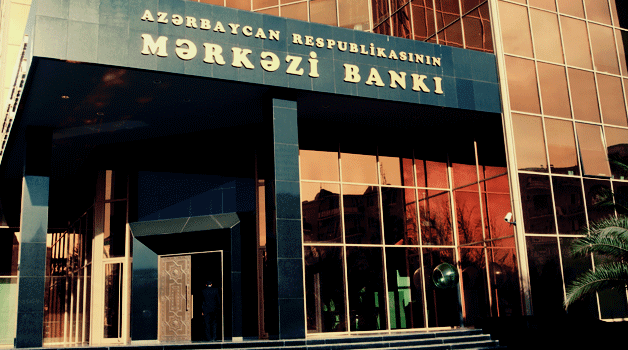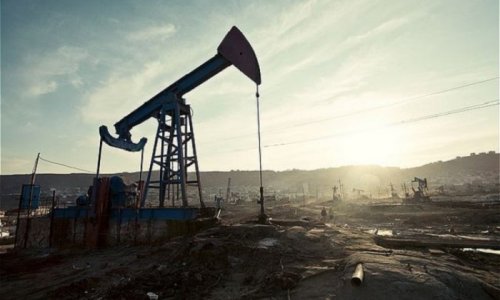(Economist Intelligence Unit) -- On March 12, the Central Bank of Azerbaijan (CBA) reduced the minimum reserve requirement for banks to 0.5% of deposits, from 2% previously.
Characteristically, the CBA provided little information regarding this decision, or its broader plans to support the banking system. The lack of public guidance on this and other issues, such as its broader monetary policies following the devaluation, are a source of ongoing uncertainty for the business and financial community. The move is presumably aimed at reducing the regulatory requirements on banks following the devaluation of the manat in February, so that they do not cut lending in order to meet reserve requirements. At the same time, however, such a move reduces the banks' capital buffers and increases the potential for a run on deposits.
The move by the CBA provides further evidence that the devaluation of the manat has placed Azerbaijan's banking sector under pressure. The sharp drop in the value of the manat will have pushed up the cost of foreign bank liabilities in local-currency terms. It has also made it harder for borrowers to service foreign-currency loans, which make up around one-third of the loan stock. This is likely to lead to a deterioration in asset quality for the banking sector as a whole, producing a worsening of capital-adequacy ratios and forcing banks to increase provisioning against potential losses on their loan book.
As noted previously, we expect the devaluation to lead to a sharp fall in credit creation this year. IMF data show that banks had a net negative foreign asset position at the end of 2014 of just over US$2bn. Given the unexpected nature of the devaluation, these liabilities are unlikely to have been fully hedged against exchange-rate risk. Given the large number of small banks with low levels of capitalisation, this could lead to a number of bank failures over the course of the year. However, we believe that the government has sufficient resources to recapitalise or nationalise banks as necessary in order to protect systemically important institutions and prevent a financial crisis.
ANN.Az
Follow us !











